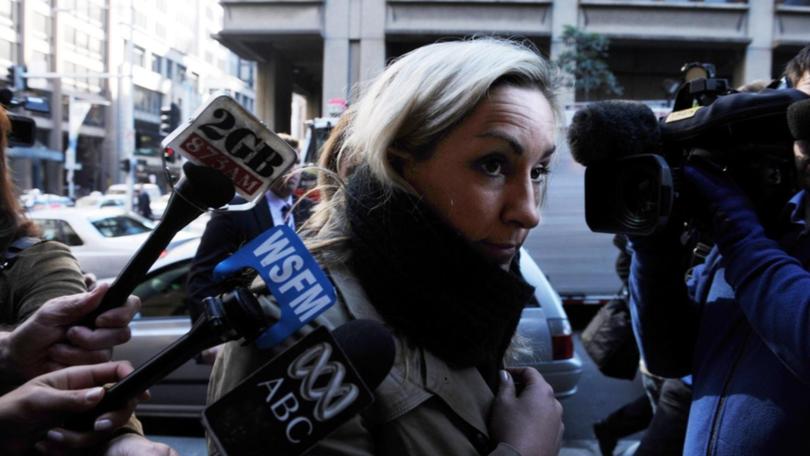Baby-killer Lane refused release in 'no body' law test
Convicted baby-killer Keli Lane will remain behind bars after being refused parole under NSW "no body, no parole" laws.

A woman convicted of killing her baby daughter has been denied parole after authorities ruled she had not helped police track down the location of the body.
Keli Lane, 48, was convicted in 2010 in one of Australia’s most notorious criminal cases after a jury found her guilty of murdering her newborn daughter Tegan in September 1996.
She was sentenced to a maximum of 18 years in prison, however she was eligible for parole from May 12 after spending 13 and a half years behind bars.
Sign up to The Nightly's newsletters.
Get the first look at the digital newspaper, curated daily stories and breaking headlines delivered to your inbox.
By continuing you agree to our Terms and Privacy Policy.But the NSW State Parole Authority on Friday knocked back her first bid for release in a test of so-called “no body, no parole” laws introduced in 2022.
The laws require the parole authority to consider a report from the police commissioner about the offender’s cooperation with their searches as well as the offender’s capacity to cooperate.
In the circumstances that Tegan’s body had never been found, the authority found Lane should be refused parole solely based on the legislation.
“The report provided by the NSW Police made it clear that no co-operation had been forthcoming from the offender in relation to Tegan’s whereabouts since her verdict and sentence,” the authority said in a statement.
“The authority is not satisfied that the offender has co-operated satisfactorily in police investigations, or other actions, to identify the location of Tegan.”
Lane has maintained she gave Tegan to the infant’s father, a man named Andrew Norris or Morris, soon after giving birth at Sydney’s Auburn Hospital.
Extensive police investigations failed to locate Tegan or the man Lane named as her father, with whom the former champion water polo player said she had a brief relationship.
The body of the two-day-old baby has never been found.
The parole authority heard submissions from Lane’s legal representatives in a closed hearing on Friday.
Lane has served time in some of the state’s toughest prisons including Silverwater, Dillwynia and Clarence Correctional Centre.
The “no body, no parole” laws came into effect in NSW in October 2022, more than a decade after her conviction.
Under the laws, introduced in response to the murder of Sydney mother Lynette Dawson, the parole board is required to consider a report from the police commissioner about the offender’s co-operation in finding the location of a victim’s body.
The authority cannot grant parole unless it is satisfied an offender has provided satisfactory help.
